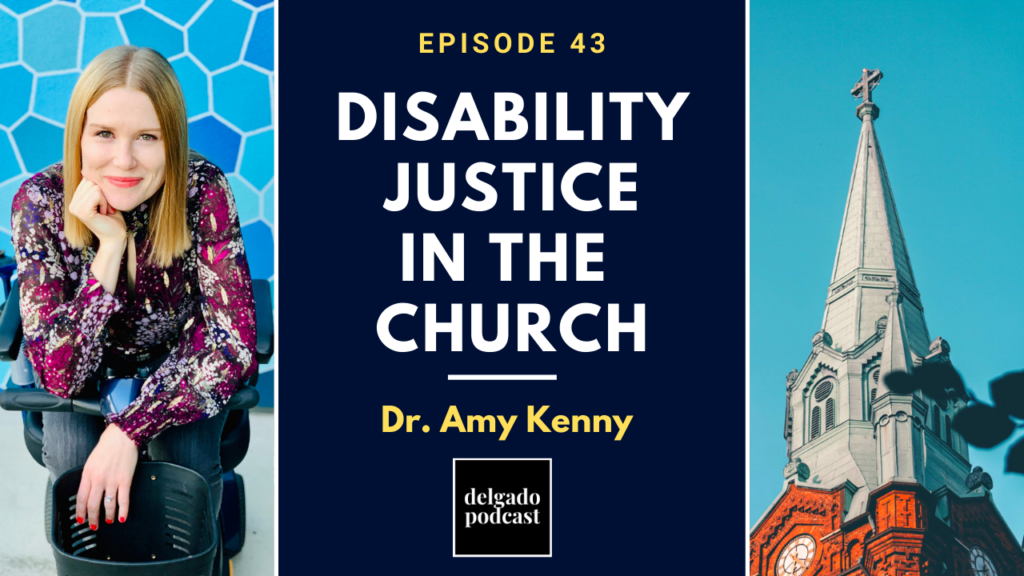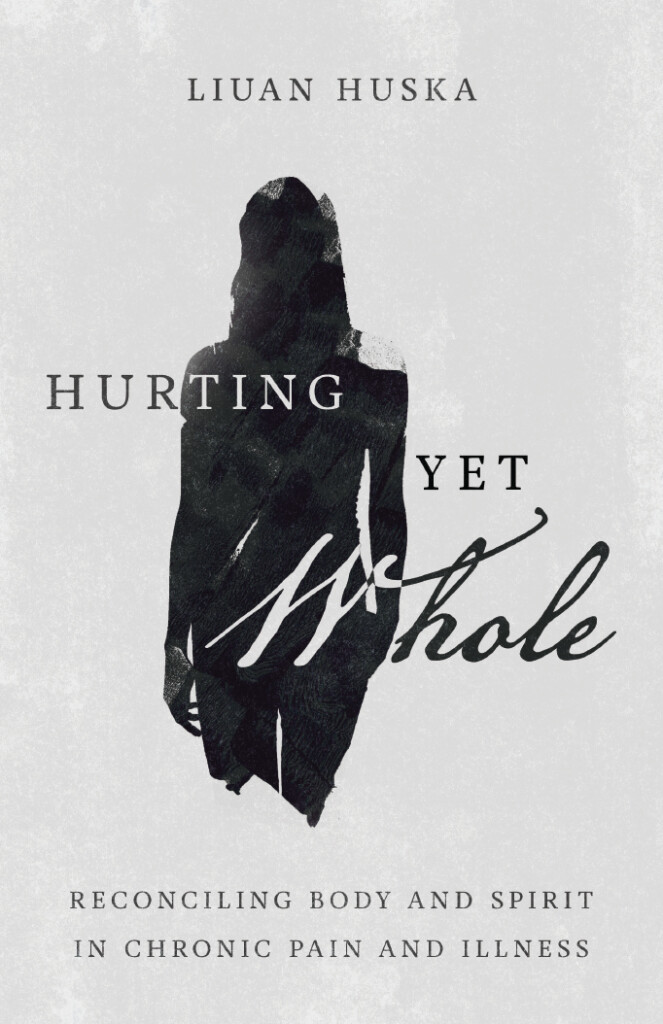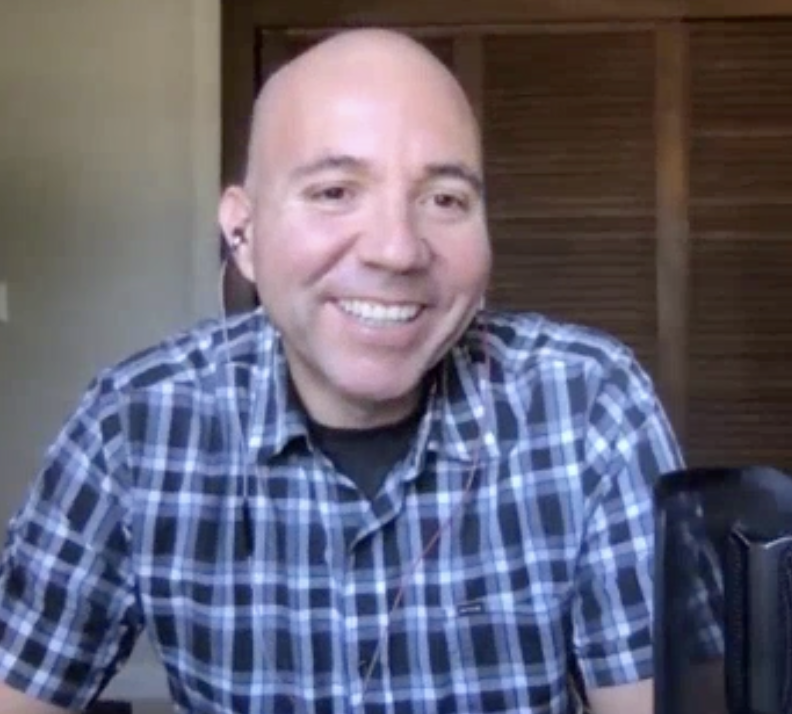Disability Justice, Church Accessibility & Our Disabled God – Dr. Amy Kenny

In this week’s podcast, we learn from Dr. Amy Kenny about her important and brilliant new book entitled “My Body is Not a Prayer Request: Disability Justice in the Church.”
It’s a book that describes her experiences as a disabled Christian in the church – and the unintentional ableism occurring regularly in religious communities. She also provides guidance on how we all can create more inclusive spiritual homes where disabled people fully belong and thrive in all aspects of church ministry.
You can get this episode on iTunes, Spotify, Google Podcasts, Stitcher or YouTube. You can also listen or download the full podcast episode here.
In the episode, Dr. Amy Kenny talks with us about:
• On writing about disability justice in the church
• Why this book is a scream for disability justice
• Being aware of our language when discussing our disabled community
• The difference between identity-first vs person-first language
• How disabled people are dismissed and silenced at church
• Types of ableist language used at church
• What it means to be made in the image of God (even in our disabilities)
• How our disabled bodies become a theological problem for some believers
• Why church leaders fought against the Americans with Disability Act
• Ways that churches can improve accessibility for disabled people
• Encouragement for disabled people who have been dismissed at church
• Advice for church members who want to love and support disabled people
• Sneaky ways ableism shows up at church
• Understanding our disabled God
• Ways to take a disability lens when reading scripture
cheap provigil prescription Amy Kenny (PhD, University of Sussex) is a disabled scholar and a Shakespeare lecturer whose research focuses on medical and bodily themes in literature. Her work has been featured in Teen Vogue, The Mighty, The Audacity, and Sojourners. Follow her on Twitter.

 Our faith in God can crumble during times of tragic pain and illness.
Our faith in God can crumble during times of tragic pain and illness.
